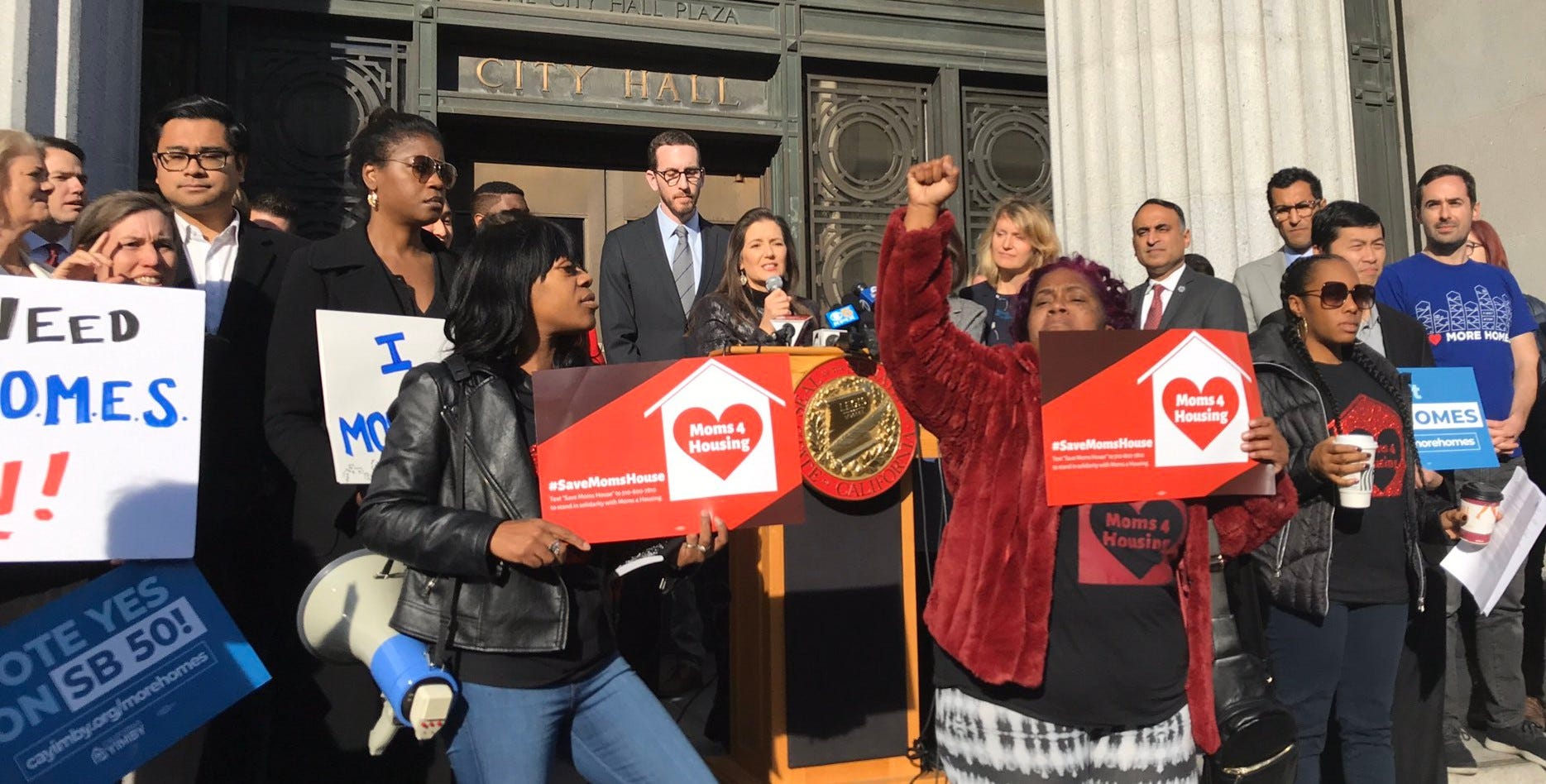Scott Wiener Takes More Real Estate Money Than Any Other Politician In The California Legislature

The numbers have been crunched: State Senator Scott Wiener received more money in campaign donations from the real estate industry during the 2016 or 2018 cycle than any other politician in the California State Legislature.
Wiener, a Democrat who represents San Francisco, received $166,650 in direct donations from the real estate industry in his 2016 campaign.
The average amount of real estate money received across the 38 State Senators for whom data was available was just $50,777.
An ongoing tally of donations to his 2020 campaign suggests he’s poised to repeat his reliance on real estate in his bid for reelection.
Wiener’s total is also far above the next biggest recipient. State Senator Toni Atkins, a Democrat from San Diego, received $104,850 from real estate in her 2016 campaign. Weiner and Atkins are the only Senators to break the $100,000 mark.
Wiener also leads in money from the broader sector encompassing “Finance, Insurance, and Real Estate” (FIRE), with $357,550 in donations from this grouping to his 2016 campaign. The average across all other Senators from the FIRE sector was just $165,000.
Jackie Fielder, a queer, Native American and Mexicana organizer running against Wiener in 2020 had this to say when asked to comment on these numbers over email: “It’s absolutely no surprise. His signature legislation, SB 50, is one of the biggest giveaways to real estate in decades.”
The above figures only account for direct donations. They do not include the over $1.5 million of dark money poured in by independent expenditure committees to support Wiener’s 2016 campaign. As tracked by the SF Chronicle a few weeks before the 2016 election, it appeared the bulk of this $1.5 million came from tech executives, charter school associations, and the real estate industry.
The numbers confirm what many tenants and anti-gentrification activists have been arguing for years: that Scott Wiener is beholden to those who profit off of housing and land and who thus benefit from rents being as high as possible. His real estate cash may explain why he opposed both Prop 10 (which would have allowed for more expansive and stronger rent control at the local level) and Prop C (which would’ve taxed the richest corporations in San Francisco to provide homelessness services and housing) — both of which were strongly opposed by the real estate industry.
At the very least, one ought to be very skeptical of lauding Wiener as a visionary leader who uniquely understands what it takes to solve our housing crisis. After all, if Wiener and his deregulatory ideas would really dramatically lower rents, or help the majority of tenants, why would so many in the real estate industry support him?
Wiener is best known for his proposed bill, SB 50, which would essentially loosen zoning restrictions across California to allow for more housing construction. Proponents argue this is the key measure needed to solve our housing crisis, seeing the problem as fundamentally one of supply and demand — changing zoning will lead to more homes built by developers, and thus lower prices.
Certainly, some of SB 50’s main opponents are NIMBY homeowners who selfishly (and usually racist-ly) want to preserve their single-family communities. But tenants unions and anti-gentrification organizations across the state are also nearly uniformly opposed to — or, at best, ambivalent about — Wiener’s bill. This latter group, having seen rezonings in New York City cause “racialized displacement,” worry SB 50 would intensify gentrification. Plus, many are skeptical of the idea that the benefits of more market-rate housing production would “trickle down” to everyone.
On the other hand, it’s easy to see why groups like the California Apartments Association and the California Association of Realtors support SB 50: less regulation means more development and higher profits.
A Quick Word on Methodology
This data comes from the website Vote Smart, which in turn gets its numbers from FollowTheMoney.org. Here is the spreadsheet I used to compile this data.
FollowTheMoney’s data on different economic sectors is compiled by its researchers coding each individual donation based on the donor, who is supposed to give information about their employer and/or occupation. This can lead to some donations slipping through the cracks. For example, Scott Wiener got 17 donations from employees from Vanguard Properties for a total of $5,900, but none of these were coded as from the real estate industry.
Therefore, the numbers above for Wiener, and for all the State Senators, are likely to be under-counts.
For another perspective, Housing Is A Human Right, which is not shy about its opposition to Wiener’s policies, found that the State Senator received $574,276 from real estate in 2016 — far higher than the $166,500 total from FollowTheMoney. This higher number results from a broader definition of who counts as being of the real estate industry, including, for example, individuals from law firms known to provide services to real estate companies.
Whatever number you pick, there is no doubting that Scott Wiener is real estate’s favorite California politician.
Written by
